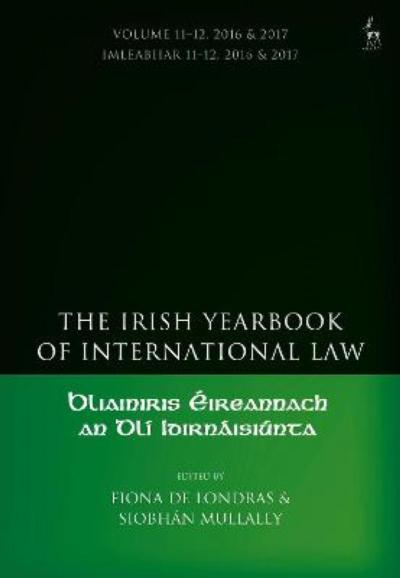Judicial independence and human rights policies in Argentina and Chile
This paper is about how varying degrees of judicial independence may influence policy making in the field of human rights. I explore factors that may account for why some Latin American courts, years after the return to democratic rule, are currently prosecuting (ex) military officers for crimes they committed under authoritarianism, while other courts have chosen to ignore this politically explosive issue. I argue that certain constitutional changes undertaken in recent years coupled with a reduction in military threat have increased the propensity of judges to reinterpret existing amnesty laws and take on human rights cases they would have rejected earlier. At least one more factor is a necessary, though not sufficient, condition for trials to take place: a persistent demand for justice. To test my argument, I carry out an in-depth qualitative study of two 'success stories', Argentina and Chile. Because many newly established democracies in various regions of the world are in the process of strengthening their institutions and democratic practices, as well as trying to deal with the legacies of their authoritarian pasts, the lessons drawn from the Southern Cone should be of more general interest to scholars of both political science and law.




